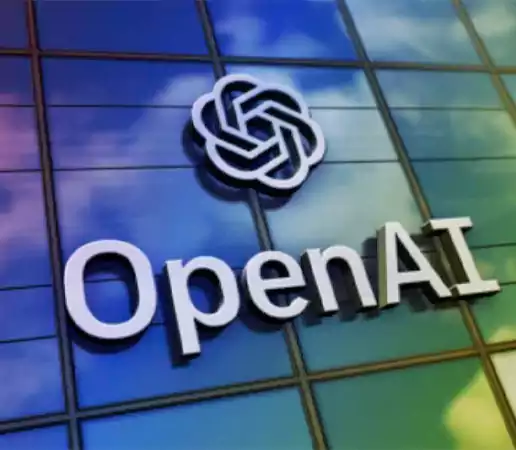
OpenAI’s improved image generator in ChatGPT attracted many users to the AI platform for its generating capabilities of being put alongside Studio Ghibli images and perhaps somewhat dull dolls, and it is extended to various applications. In a post on the company’s blog, OpenAI states that the same “natively multimodal model,” essentially an image generator, would also now be offered through the API under “gpt-image-1”, with several well-known names having already subscribed to use it.
OpenAI states, “The model is versatile enough to draw images in an infinite number of styles and follow specific instructions to the letter, leverage knowledge about the world, and render text accurately-unlocking countless practical applications in a wide variety of fields.”
Big companies like Adobe and Figma are already integrating the model into their applications. They are creating design systems for consistency in UI/UX designs.
“Adobe’s leading ecosystem of creative tools, including its Firefly and Express apps, will provide access to OpenAI’s image generation capabilities, giving creators the choice and flexibility to experiment with different aesthetic styles- something business professionals, consumers, and creators all value when generating new creative ideas.”
Continuing, it was how Figma has made use of the latest model to have an image creation which is improved as well as enhanced editing features on the platform. Starting today, users can use ‘gpt-image-1’ in Figma Design for creating and modifying images based on simple prompts-altering styles, adding or deleting objects, expanding backgrounds, and so on. This new integration allows designers to discover concepts and iterate visually in Figma much faster.
OpenAI further states that it is “continuing to work with developers and businesses to explore other ways in which image generation through the API can meet their needs,” including partnerships with Canva, GoDaddy, and Instacart. The “gpt-image-1” model will initially be available through OpenAI’s Images API, with the mention that support for the Responses API is “coming soon.”
